Switzerland and the West still playing for position on Ukraine
Dear reader,
While Switzerland has imposed sanctions against Russia, states like China and India are cultivating a policy of abstention. Who is pursuing which interests in this war and how is Switzerland’s self-perception changing? Read about this and more in our background reports.
The UN votes condemning Russia’s invasion of Ukraine have made one thing clear: the political fronts in this war are not as simple as people in Western democracies would like. On the contrary, they are a mirror of geopolitical interests and dependencies.
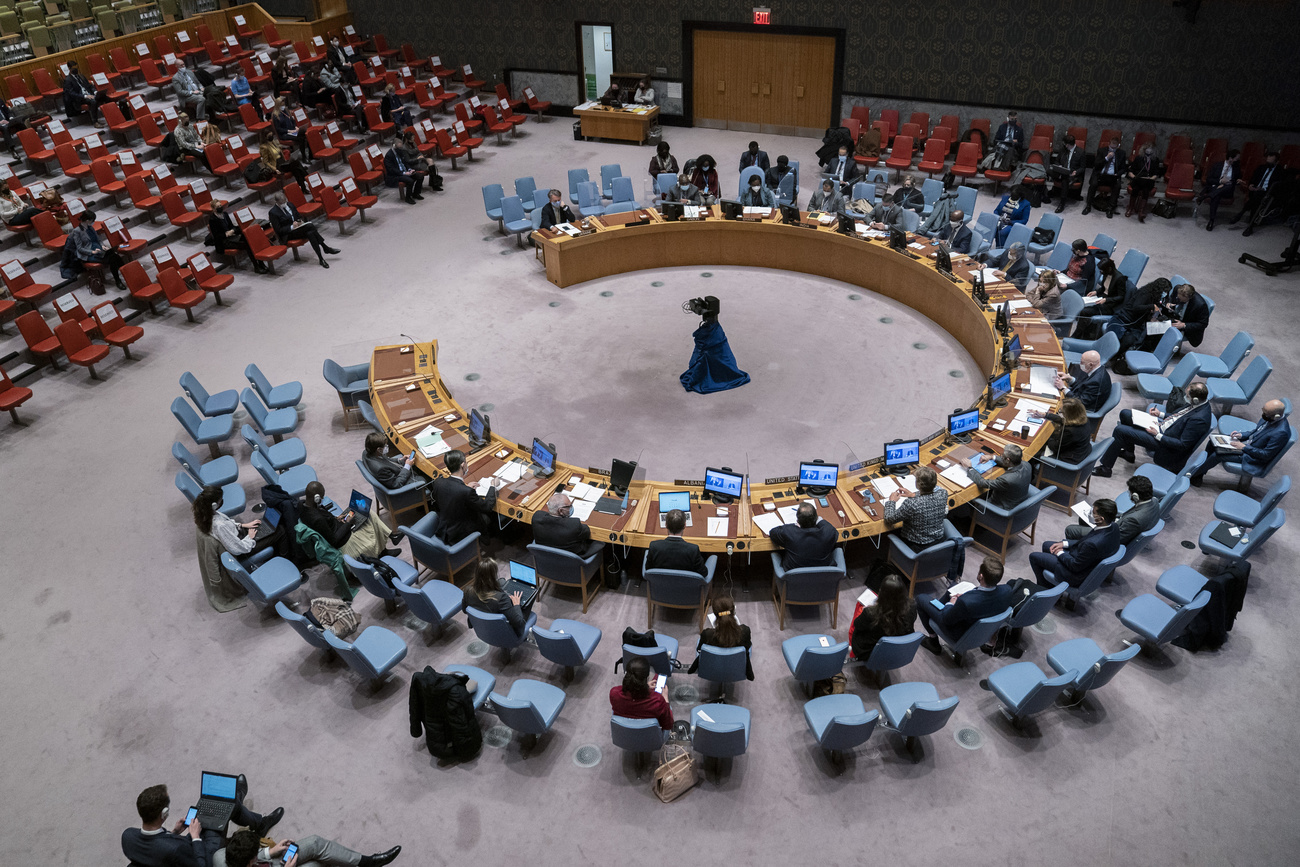
More
Russia’s war in Ukraine highlights UN fault lines
This is also because Russia has not accepted its isolation, and especially its suspension from the UN Human Rights Council, without resistance. Diplomats report pressure and threats. Anyone who votes against Russia is an “unfriendly country”.
The suspension, only the second in the history of the Human Rights Council, raises unwelcome questions in the UN: What to do with states accused of human rights violations? How absolutely are the values of the body to be upheld?
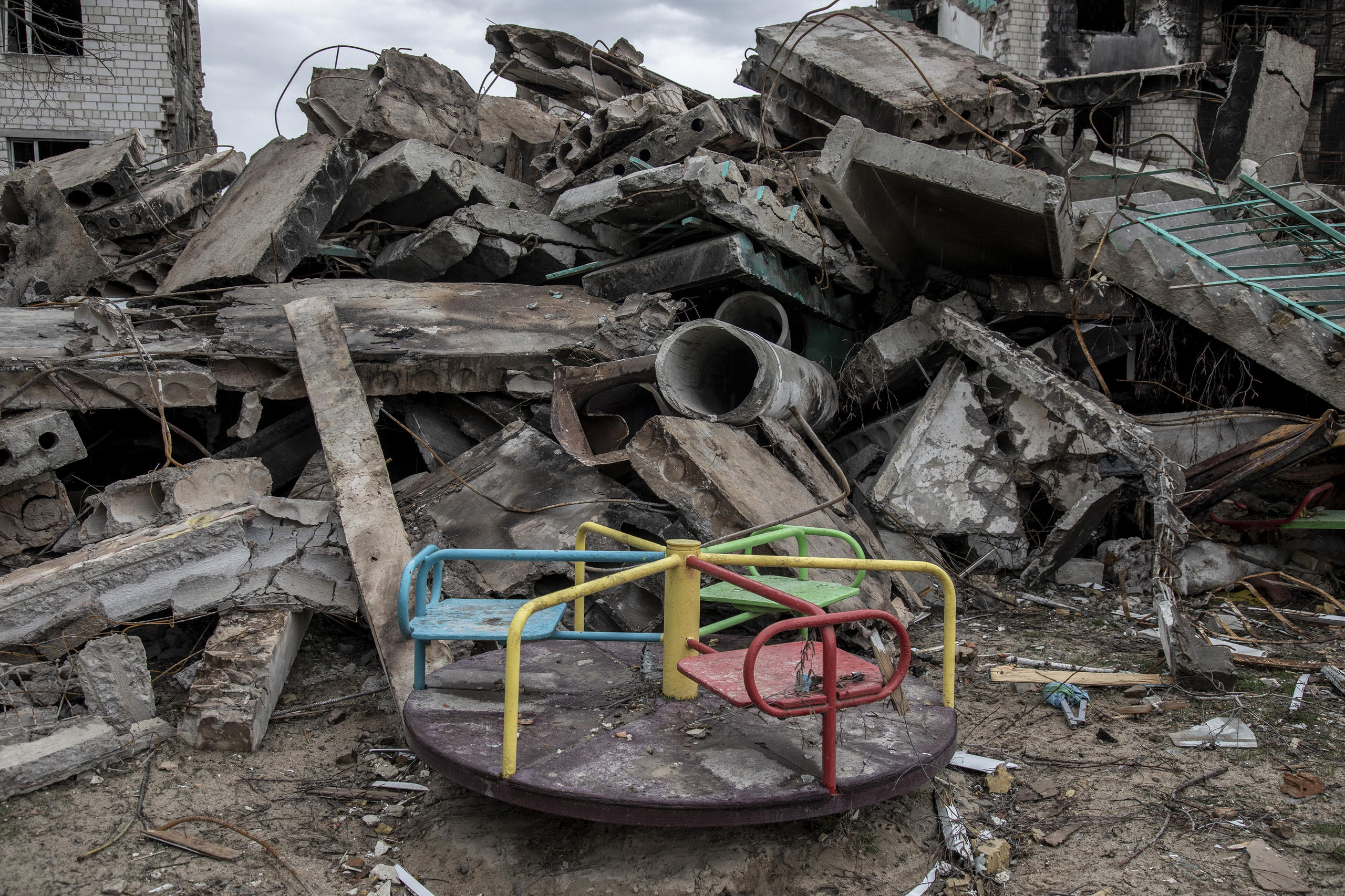
More
Russia’s suspension from UN Human Rights Council raises big questions
Take a stand, or better not? We also confronted our readers worldwide with this question and asked them about the future of Swiss neutrality. One English-speaking user wrote that individuals and companies, not just just nations, should decide for themselves which side to be on. Meanwhile, liberal think tank Avenir Suisse argues for a policy of neutrality “in favour of one’s own set of values” – that is, a neutrality that doesn’t exclude showing favour towards certain positions.

More
The whole world is discussing neutrality with us
There is also a clearer way. Thomas Beschorner, director of the Institute for Business Ethics at the University of St Gallen, wants moral action from companies. “No business can be right in a war that’s wrong,” he says in an opinion piece written with three co-authors. Companies must withdraw from Russia – their argument that they have an obligation to supply goods is an excuse, they write.

More
No business can be right in a war that’s wrong
The harsh sanctions, however, combined with Russian propaganda, could damage the West’s relationship with the Russian people for generations to come. This is also why political and economic isolation presupposes the promotion of freedom of information in authoritarian Russia.
A Swiss piece of software is playing a key role here: Kiwix offers the possibility to download websites, such as Wikipedia, in compressed form for free, which can then be read later offline. Initially invented as an educational instrument for structurally weak regions, the software has become a tool for circumventing censorship.
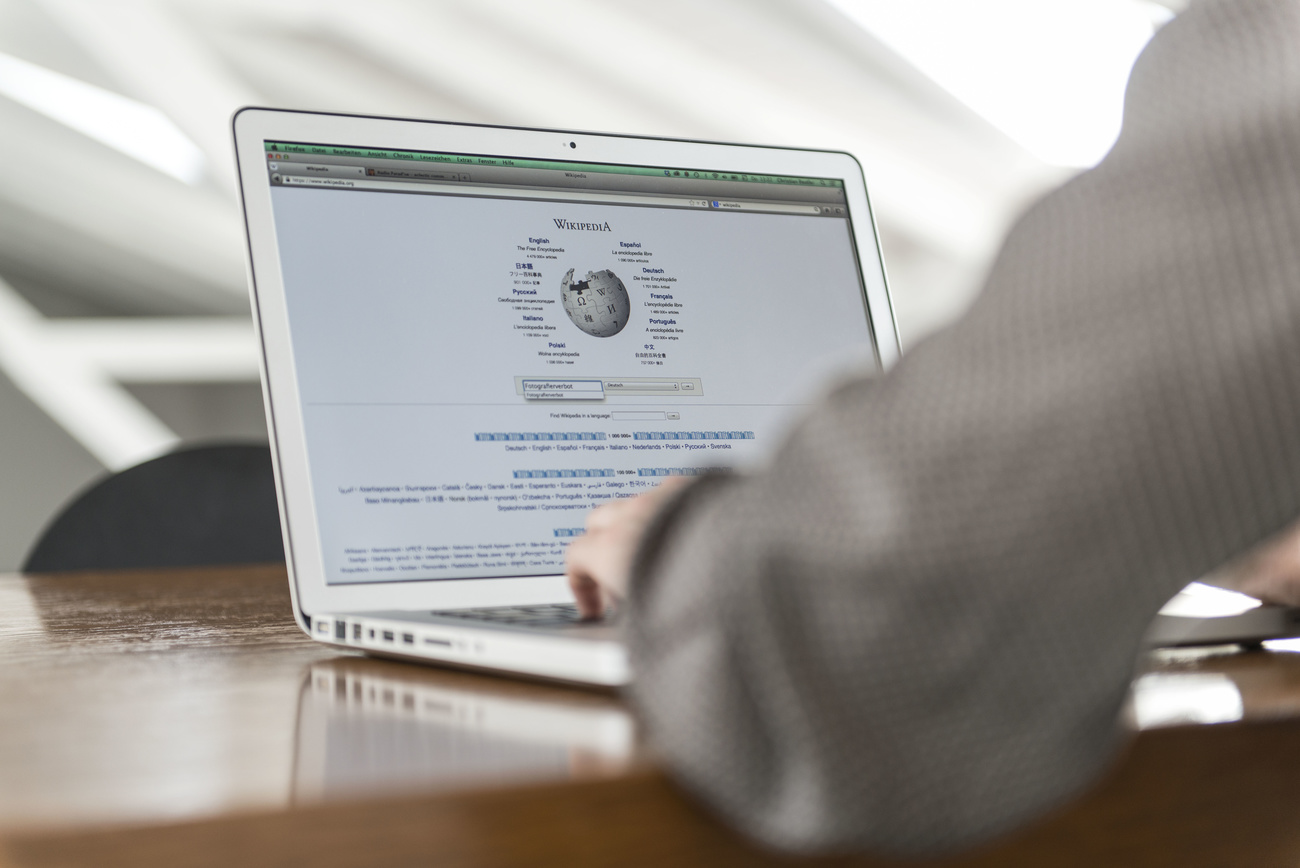
More
Swiss technology foils Russian censorship
Kiwix has rejected as too militant the idea of offering for download a selection of Russian articles on the war. Restraint, rather than open confrontation, is also the tool of choice for many small Russian media abroad. What are they writing about and in what tone? We took a look at four outlets in Switzerland.
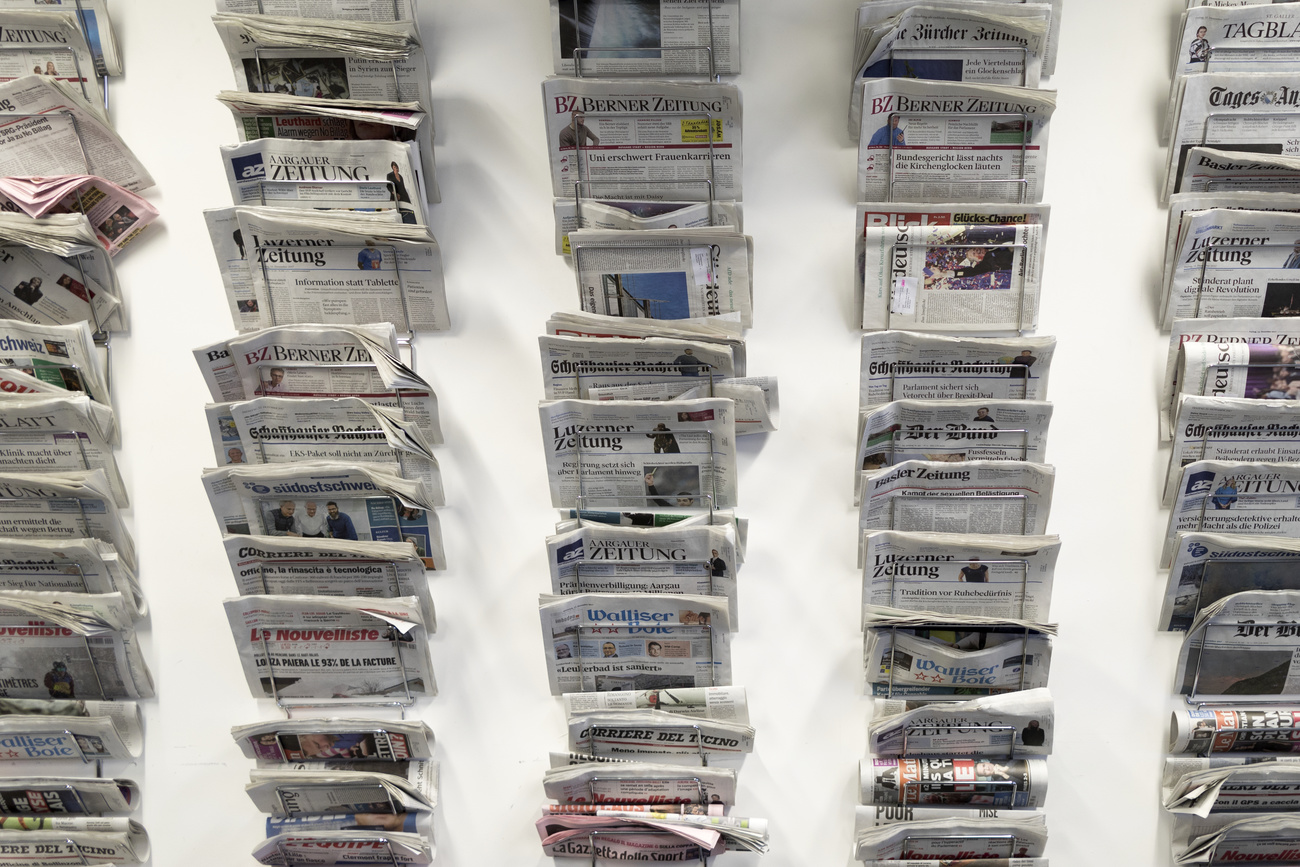
More
Russian media in Switzerland: A mix of propaganda and anti-regime critics
Meanwhile, the Swiss media are following events in the war zone, but they also want to find out how the war in Europe is changing the population’s idea of security and international cooperation. In a recent survey by Tamedia newspapers, two-thirds of respondents said they opposed Switzerland joining defence alliance NATO. Just over 50%, however, are in favour of participation in a European security alliance.
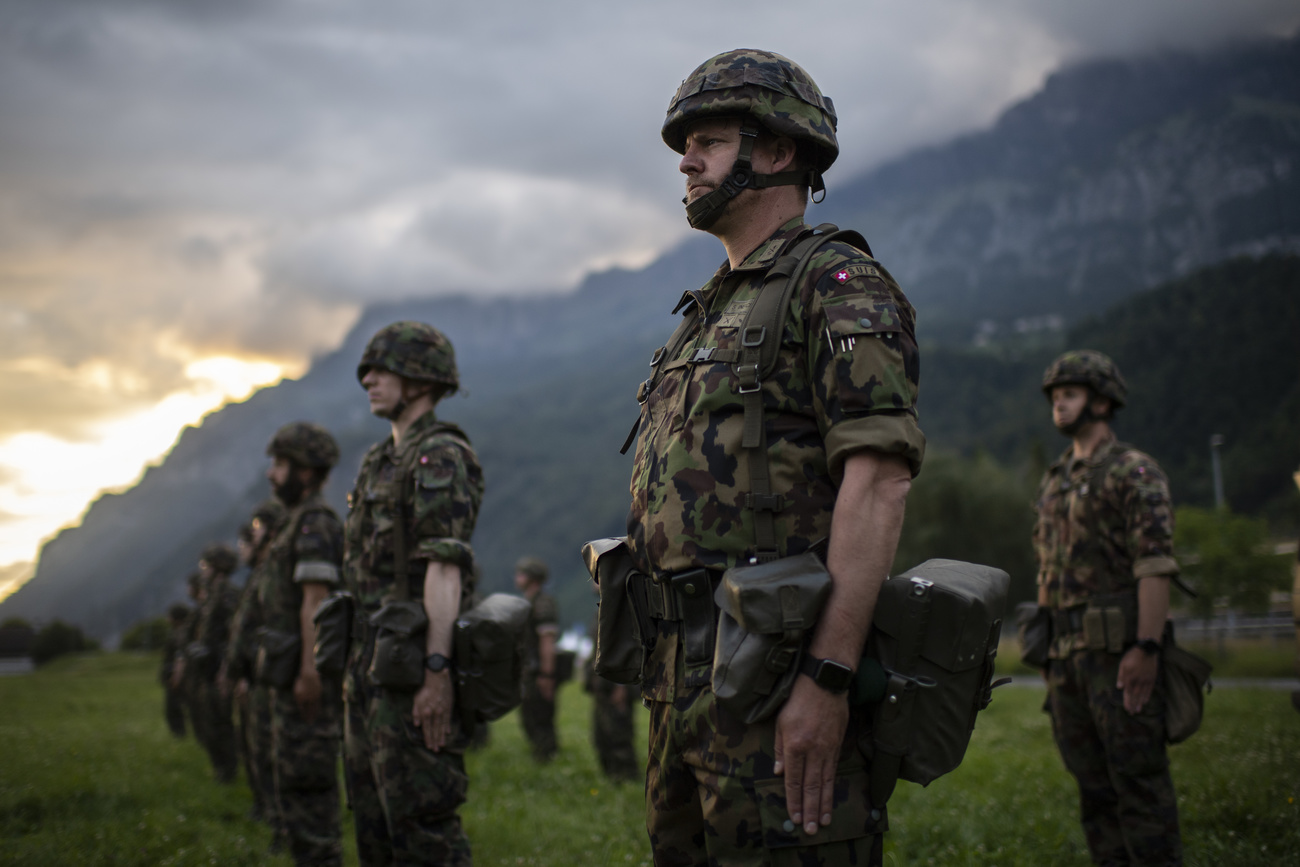
More
Is Switzerland moving towards a European security alliance?

In compliance with the JTI standards
More: SWI swissinfo.ch certified by the Journalism Trust Initiative









You can find an overview of ongoing debates with our journalists here . Please join us!
If you want to start a conversation about a topic raised in this article or want to report factual errors, email us at english@swissinfo.ch.